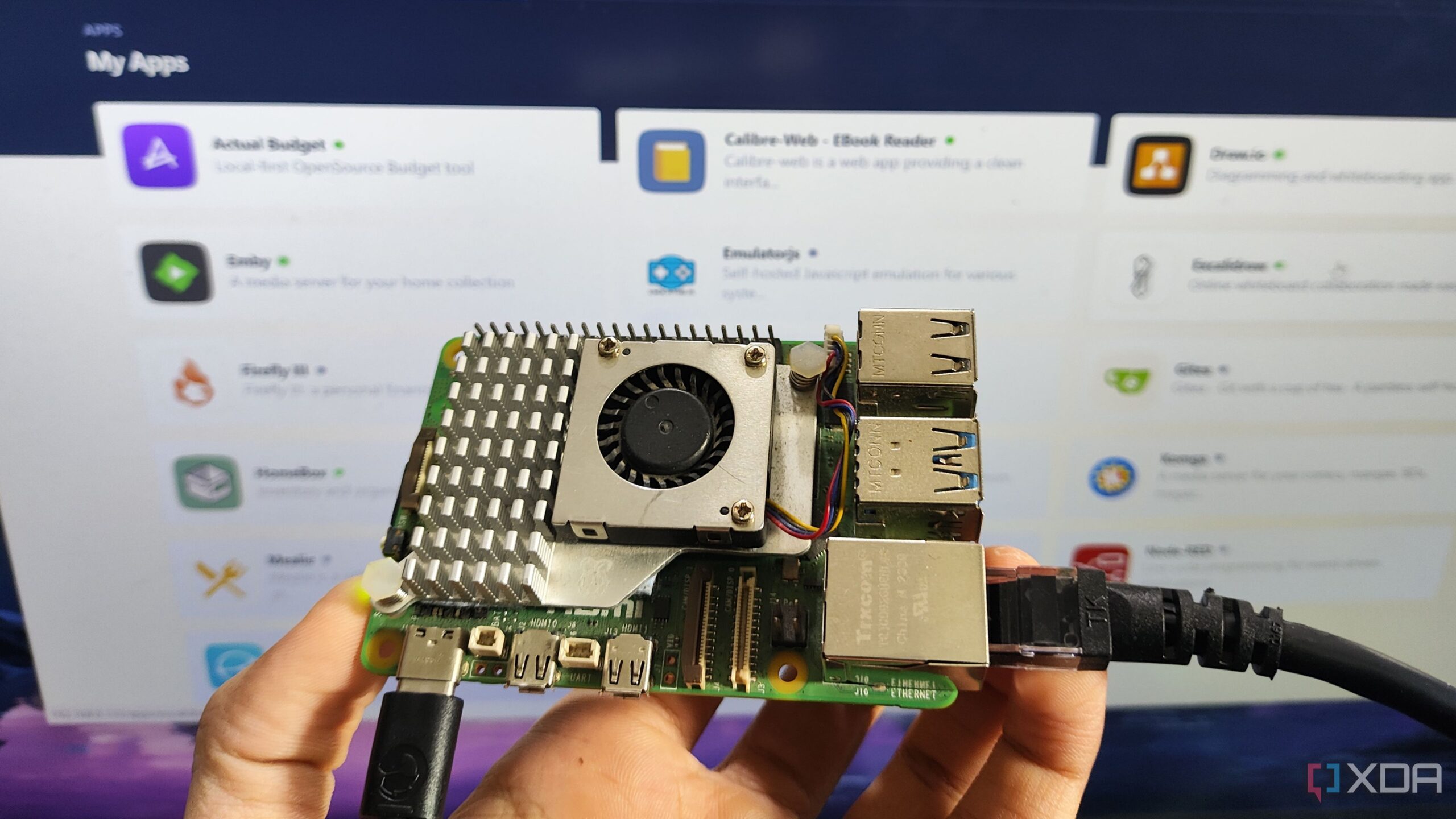Technology
Transform Your Computing: Self-Hosting Without a Home Lab

Self-hosting services has become increasingly accessible, debunking the myth that users need high-end hardware and extensive technical skills to get started. This approach allows casual users to transition to free and open-source software (FOSS) tools while also catering to privacy-conscious individuals seeking alternatives to third-party cloud services. Many may feel intimidated by the idea of self-hosting, but with the right tools and a willingness to experiment, anyone can make it work.
Understanding Home Labs and Self-Hosting
Home labs are often perceived as collections of advanced devices designed for intricate computing projects. While they can serve that purpose, they are not a prerequisite for self-hosting. A home lab can indeed be beneficial for those deepening their knowledge in server management or DevOps tasks, yet it is not essential for beginners.
For example, one might start with a modest mini-PC and a standard router. More advanced setups might involve dedicated servers, network-attached storage (NAS), and a robust networking configuration. However, most basic self-hosting projects do not demand expensive hardware. According to various user experiences, many effective local tools operate efficiently on less powerful systems.
While some applications, such as advanced media servers and network video recorders (NVRs), may require specific hardware to maximize performance, the majority of accessible tools do not. Many self-hosting applications can run smoothly on everyday devices, making them approachable for those not formally trained in technology.
Containers: The Key to Efficient Self-Hosting
Virtual machines (VMs) are often viewed as indispensable in home labs. They can be resource-intensive since they virtualize an entire hardware stack. Transitioning from a standard setup, such as Windows 11 on VirtualBox, to a bare-metal kernel-based virtual machine (KVM) may still struggle to handle multiple demanding VMs.
In contrast, containers offer a lightweight alternative. They share the kernel with the host operating system, consuming significantly fewer resources than virtual machines. This makes them ideal for self-hosting applications, particularly on lower-powered hardware like the popular Raspberry Pi boards.
For instance, the Raspberry Pi 5 with 8GB of RAM can run various containerized applications effectively, despite limitations with handling multiple virtual machines. Users report successful implementations of services like Home Assistant and Frigate without needing to invest heavily in dedicated server hardware.
Even older systems can be repurposed for container hosting. A laptop from 2014 can be transformed into a functional workstation capable of running containerization platforms. By opting for a lightweight Linux distribution, users can unlock the potential of their existing devices for self-hosting tasks.
Containerization platforms simplify the self-hosting experience further. Unlike traditional home server environments that often require extensive configuration, platforms like CasaOS, Runtipi, and Cosmos allow users to deploy applications with minimal effort. A single terminal command on Linux can initiate the installation process.
Even Windows 11 users can benefit by installing a lightweight Linux distro to facilitate container hosting. Platforms such as YunoHost and UmbrelOS provide user-friendly interfaces, making it straightforward to manage and deploy essential services for self-hosting.
As the self-hosting journey progresses, there remains the option to scale up to a fully-fledged home lab. While investing in new hardware may involve significant costs, it can be a rewarding endeavor for those passionate about computing.
Ultimately, self-hosting offers a flexible, cost-effective solution for individuals interested in managing their services without the need for a dedicated home lab. With the right approach and tools, anyone can join the self-hosting revolution.
-

 Top Stories1 month ago
Top Stories1 month agoRachel Campos-Duffy Exits FOX Noticias; Andrea Linares Steps In
-

 Top Stories1 week ago
Top Stories1 week agoPiper Rockelle Shatters Record with $2.3M First Day on OnlyFans
-

 Top Stories6 days ago
Top Stories6 days agoMeta’s 2026 AI Policy Sparks Outrage Over Privacy Concerns
-

 Sports5 days ago
Sports5 days agoLeon Goretzka Considers Barcelona Move as Transfer Window Approaches
-

 Top Stories1 week ago
Top Stories1 week agoUrgent Update: Denver Fire Forces Mass Evacuations, 100+ Firefighters Battling Blaze
-

 Top Stories1 week ago
Top Stories1 week agoOnlyFans Creator Lily Phillips Reconnects with Faith in Rebaptism
-

 Top Stories5 days ago
Top Stories5 days agoWarnock Joins Buddhist Monks on Urgent 2,300-Mile Peace Walk
-

 Entertainment6 days ago
Entertainment6 days agoTom Brady Signals Disinterest in Alix Earle Over Privacy Concerns
-

 Top Stories7 days ago
Top Stories7 days agoOregon Pilot and Three Niece Die in Arizona Helicopter Crash
-

 Top Stories4 days ago
Top Stories4 days agoCBS Officially Renames Yellowstone Spin-off to Marshals
-

 Health2 months ago
Health2 months agoTerry Bradshaw Updates Fans on Health After Absence from FOX NFL Sunday
-

 Sports4 days ago
Sports4 days agoSouth Carolina Faces Arkansas in Key Women’s Basketball Clash




